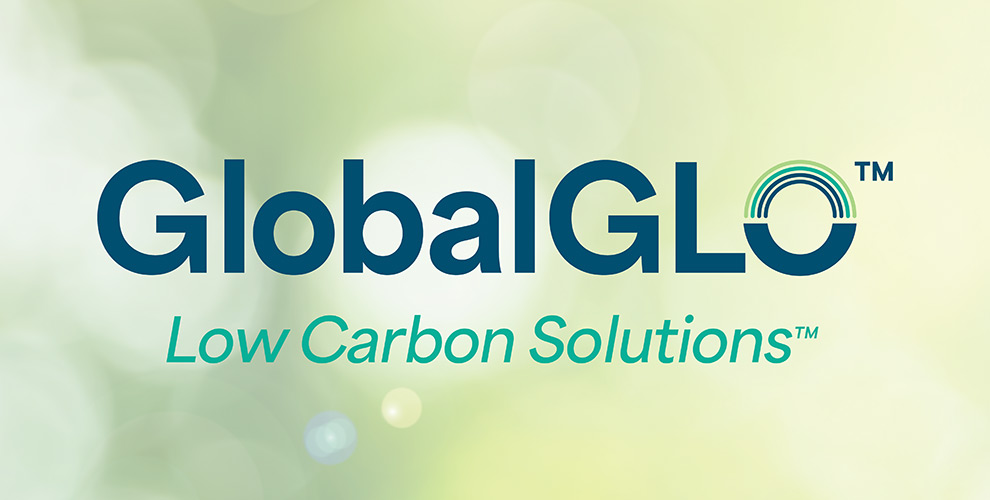GlobalGLO™ at the Forefront of Climate Navigation

At all levels of government, there is a flurry of legislative and regulatory activity, with the goal to address climate change through policies that identify, report, and reduce emissions. Across the United States, from the Northeast to the Mid-Atlantic, states are setting aggressive decarbonization targets – and it can be difficult to keep up with everything going on. Here’s a quick look at some of the activity the team at GlobalGLO™ Low Carbon Solutions is seeing on the horizon:
New York’s Climate Leadership and Community Protection Act (CLCPA) covers economy-wide emissions. The state is developing a Cap & Invest program (NYCI), which includes transportation and heating fuels. A Clean Fuel Program is also under consideration (also in other Boston-Washington corridor states), which requires the reduction of emissions in transportation fuels by delivering cleaner fuels such as renewable diesel or renewable electricity. Concurrently, Massachusetts and Vermont are crafting Clean Heat Standards to address emissions in the heating sector, echoing the structure of Clean Fuel Programs.
Climate Disclosure rules are also proliferating, requiring companies to disclose information concerning climate-related risks and emissions. The SEC released a final rule in March (currently in litigation) that required disclosures in annual reports and registrations. California’s regulations go further encompassing private companies and Scope 3 emissions. Disclosure rules outside the U.S. are also likely to impact some U.S. businesses as the European Union will soon require detailed disclosures covering a wide range of sustainability issues (the Corporate Sustainability Reporting Directive “CRSD” and the European Sustainability Reporting Standards, or ESRS) for non-EU incorporated firms that have a substantial presence. States like New York are also considering similar proposals.
Corporate and government low carbon procurement policies are creating new opportunities for those that have reduced their emissions so that companies can ‘green’ their supply chains. As organizations explore Scope 3 emissions – those associated with upstream and downstream activities – the focus is largely on collecting data and exploring strategy. Microsoft’s Chief Sustainability Officer highlighted that while companies are not yet ready to drop suppliers based on emissions targets, there is a growing expectation that sustainability questionnaires will evolve into more stringent requirements. Firms with lower carbon footprints may find themselves at a competitive advantage in securing or retaining business.
While navigating this evolving landscape may seem overwhelming and distract from core businesses operations, it doesn’t have to be. GlobalGLO Low Carbon Solutions is here to help your organization make sense of this regulatory maze and optimize for environmental sustainability. Contact us today to discover how we can support you in managing and thriving amidst these complexities.